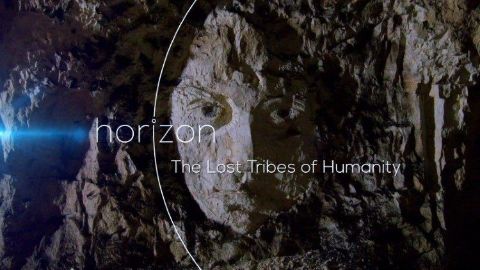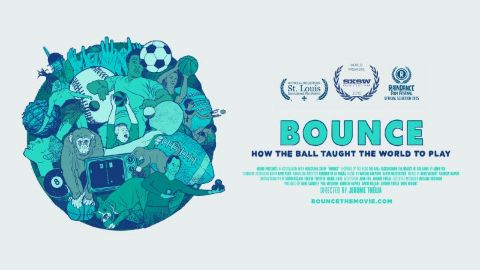Picasso's Last Stand • 2018
Picasso's Last Stand reveals the untold story of the last decade of the great artist's life, through the testimony of family and close friends - many of them the people he allowed into his private world in the 1960s. As his health declined in these final years, Picasso faced damaging criticism of his work and intimate revelations about his bohemian lifestyle for the first time. And yet, in the midst of disaster, he rediscovered his revolutionary spirit with a creative surge that produced some of his most sexually frank and comic work. Exhibitions of the new style horrified and disappointed contemporaries. But now his biographer Sir John Richardson and granddaughter Diana Widmaier Picasso argue that this last enormous effort produced some of his greatest and most profound art: the stunning counter-attack of a protean genius coming to terms with old age.
Make a donation
Buy a brother a hot coffee? Or a cold beer?
Hope you're finding these documentaries fascinating and eye-opening. It's just me, working hard behind the scenes to bring you this enriching content.
Running and maintaining a website like this takes time and resources. That's why I'm reaching out to you. If you appreciate what I do and would like to support my efforts, would you consider "buying me a coffee"?
Donation addresses
BTC: bc1q8ldskxh4x9qnddhcrgcun8rtvddeldm2a07r2v
ETH: 0x5CCAAA1afc5c5D814129d99277dDb5A979672116
With your donation through , you can show your appreciation and help me keep this project going. Every contribution, no matter how small, makes a significant impact. It goes directly towards covering server costs.





